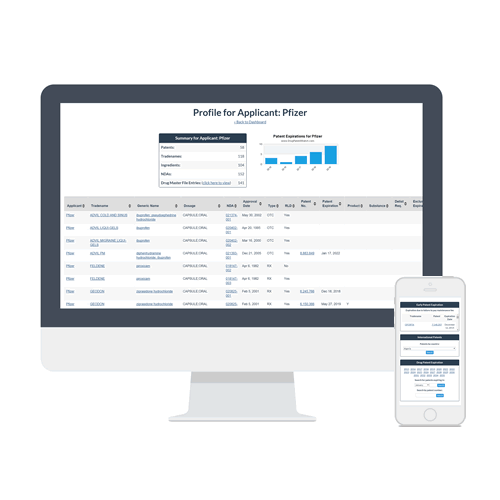
In a seismic shift for European intellectual property, the Unified Patent Court (UPC) is rapidly transforming how businesses approach patent litigation across the continent. Since its launch on June 1, 2023, the UPC has ushered in a new era of centralized patent enforcement, promising streamlined processes and reduced costs for companies operating in the EU market.
Table of Contents
Early Adoption Signals Strong Market Interest
Industry insiders are closely watching the UPC’s uptake, and early indicators suggest robust engagement. European Patent Office (EPO) data reveals that by September 1, 2023, over 7,400 unitary patents were registered, accounting for approximately 25% of all European patents granted during this period.
“The swift adoption of unitary patents demonstrates the pent-up demand for a more efficient patent system in Europe,” says Maria Schmidt, IP strategist at TechLegal Advisors. “Companies are clearly seeing value in the broader protection and potential cost savings offered by this new system.”
Tech and Life Sciences Lead the Charge
The technology and life sciences sectors have emerged as early adopters of the UPC system. Notable cases, such as Edwards Lifesciences Corp v Meril GmbH & Ors in medical devices and Harvard College & 10x Genomics Inc. v NanoString Technologies Inc. & Ors in genomics, highlight the UPC’s relevance in high-stakes, cross-border patent disputes.
John Chen, Chief IP Officer at BioTech Innovations, notes, “For life sciences companies, the UPC offers a game-changing opportunity to enforce patents across multiple markets with a single action. This could significantly alter our litigation strategies moving forward.”
Strategic Considerations for Multinationals
The UPC’s arrival has prompted multinational corporations to reassess their patent strategies. Companies now face complex decisions about whether to opt for UPC jurisdiction or stick with national courts, and whether to opt out existing patents from the UPC system.
“We’re seeing a lot of companies take a wait-and-see approach,” explains Sarah Johnson, partner at Global IP Law Firm. “They’re carefully weighing the benefits of centralized litigation against the risks of putting all their eggs in one basket. It’s a delicate balance between efficiency and risk management.”
Challenges and Opportunities
While the UPC promises increased efficiency, it’s not without its growing pains. Recent cases have highlighted procedural challenges, particularly in serving non-European defendants. The Panasonic v Xiaomi case, for instance, saw the court grappling with international service protocols, signaling potential hurdles for global patent enforcement.
However, these challenges are balanced by significant opportunities. The UPC’s multilingual approach, operating primarily in English, German, and French, is breaking down language barriers in patent litigation. This could lead to more diverse participation in the European patent system and potentially attract more foreign investment in EU-based innovation.
Looking Ahead: Market Implications
As the UPC continues to evolve, its impact on the European patent market is expected to grow. Patent attorneys and litigation funders are already adapting their services to the new landscape, while companies are recalibrating their IP budgets to account for potential UPC actions.
We anticipate a surge in patent litigation activity as companies test the waters of the new system
Alex Rothstein, market analyst at EuroIP Insights
In conclusion, the Unified Patent Court represents a paradigm shift in European patent litigation. As businesses adapt to this new reality, the coming years will likely see continued evolution in patent strategies, potentially reshaping the dynamics of innovation and competition across the European market.


